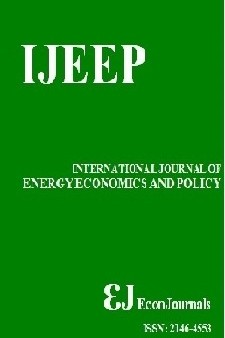The Development of the Russian Oil and Gas Industry in Terms of Sanctions and Falling Oil Prices
The Development of the Russian Oil and Gas Industry in Terms of Sanctions and Falling Oil Prices
The aim of this paper is to analyze the current state of the oil and gas industry of Russia in the conditions of falling oil prices and sanctions policy as well as the forecast of the further development of the industry and search for the ways out. The research methodology is based on a systematic approach to assessing the state of the oil and gas industry of Russia. It uses a set of scientific and special methods of investigation including the abstract-logical method, balancing method, economics and statistics and comparative analysis, synthesis method and others. The article demonstrates that the sanctions imposed on Russian companies as well as unprecedentedly low oil prices in the short term did not have a major impact on the production stability of the Russian oil and gas sector. The reason is that Russia has a huge resource potential and Russian oil projects are profitable even at low oil prices. However, in the long term, these factors can have a negative impact on the industry, which is due primarily to the shortage of modern equipment and technologies for the implementation of promising projects in the Arctic shelf, as well as on deposits with difficult development conditions. The sanctions policy is not favourable for foreign companies because the long-term interests of our companies coincide with the interests of foreign business partners. The international coordination of efforts for solving many problems is needed, because of decreasing resources and infavourable oil production settings. The article shows that a major investment in the development of modern domestic equipment and technologies are required in the current situation; it is advisable to develop the residual reserves and reserves difficult to recover in the aged areas along with the implementation of large-scale projects for the production of hydrocarbons in new areas
